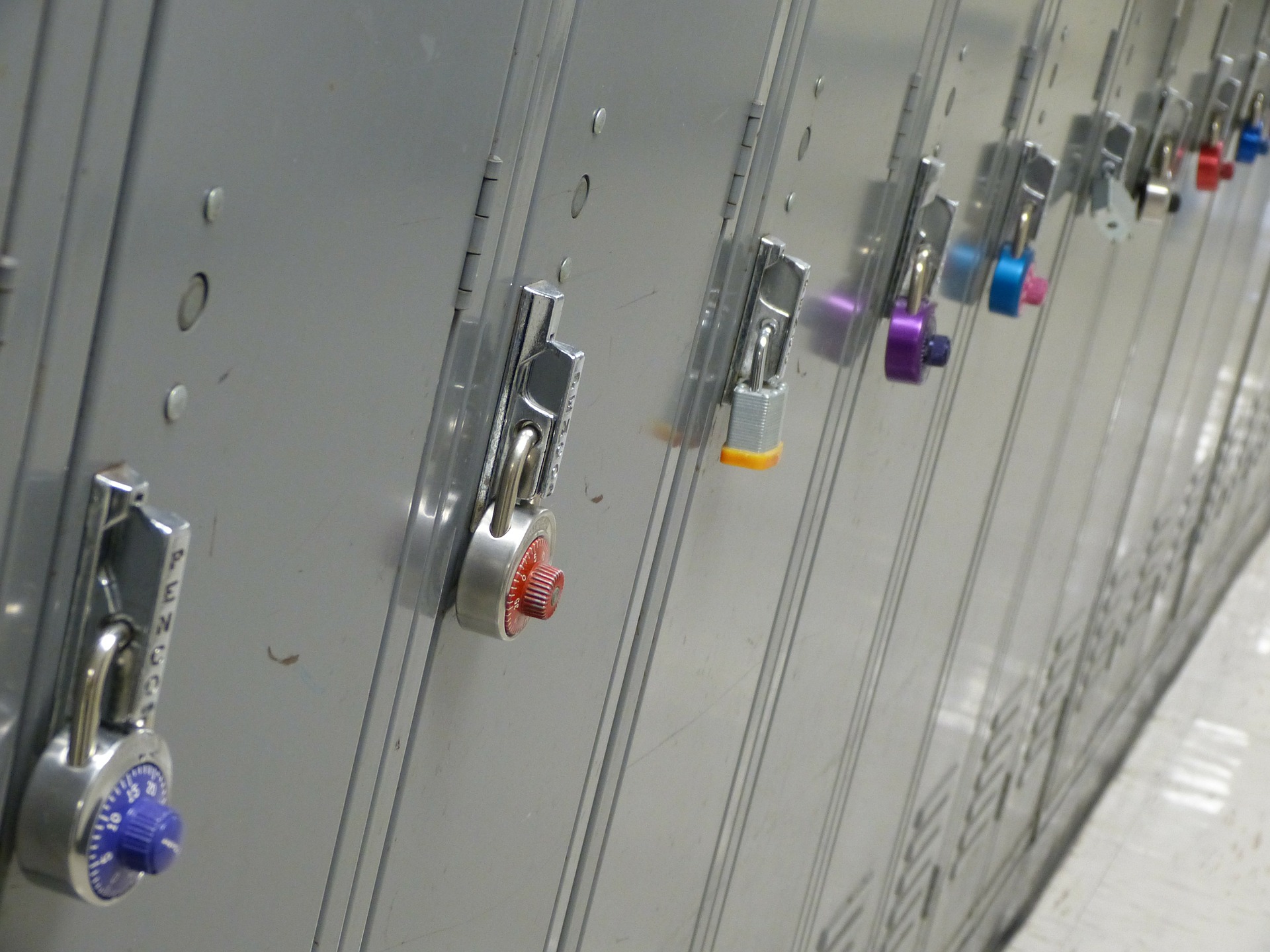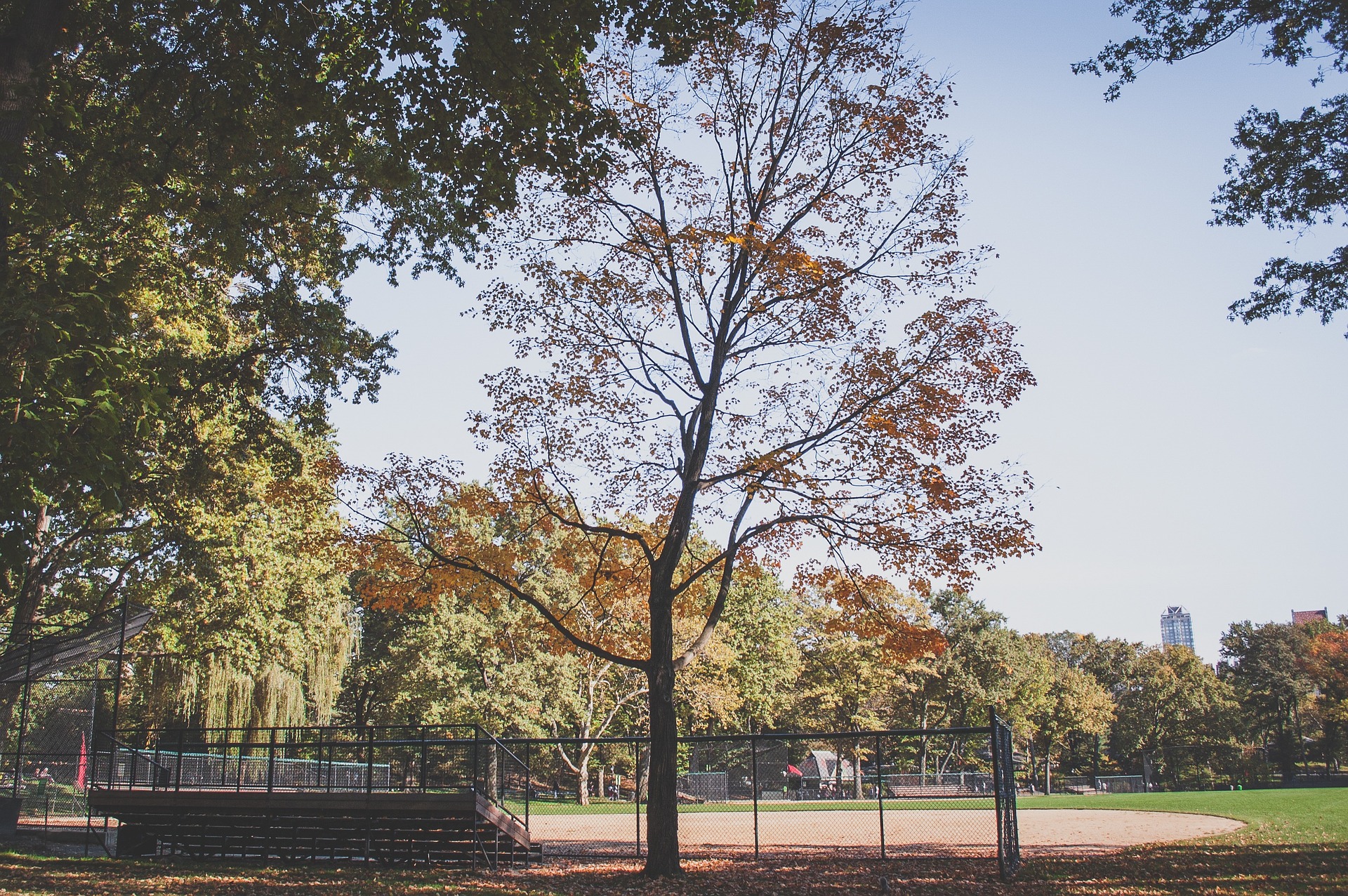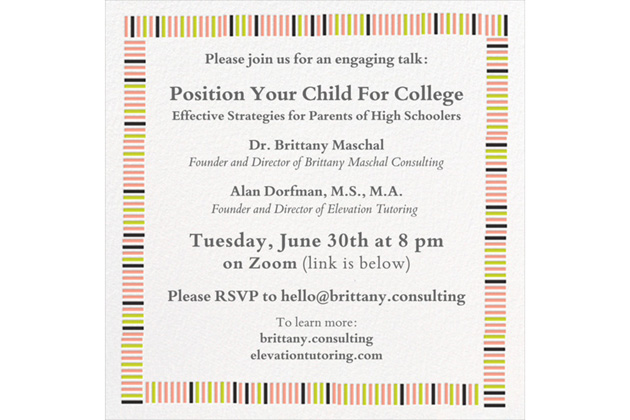Coming of Age in 2020: A Special Multimedia Contest for Teenagers in the U.S.
This tumultuous year has changed us all, but perhaps no generation has been more affected than yours. Teenagers are experiencing their formative years trapped inside and missing — or reinventing — milestones while a pandemic rages, an economic collapse threatens, the 2020 election looms, school as you once knew it has ceased to exist, and civics lessons in books have shifted to “civics lessons in the streets” as young people participate in what may be the largest protest movement in U.S. history.
The NYT’s want to hear about your experiences, in whatever way you want to tell them — whether in words or images, audio or video. This is their first-ever multimedia contest, essentially a challenge to document what you’re living through, and express yourself creatively on any aspect, large or small, that you think is important or interesting. For instance:
-
Maybe you already have images on your camera roll that say something meaningful or poignant or funny or profound about your life this year.
-
Maybe you’ve kept a diary or sketchbook — or texts, emails or handwritten letters — that can show what you’ve experienced.
-
Or, maybe you’d like to make something new, whether an essay, poem, song, cartoon, illustration, graph, video or podcast. We’ll accept nearly anything you can upload digitally.
No matter what format you choose, trust us: Even if you don’t think you have something to say, you do. There are stories only you can tell.
Here’s what you need to know:
- Contest Dates: Sept. 10-Nov. 12, 2020
- How to Submit
- What to Submit
- The Rules
- Resources for Teachers and Students
- Frequently Asked Questions
*Stay in the know! Subscribe*









